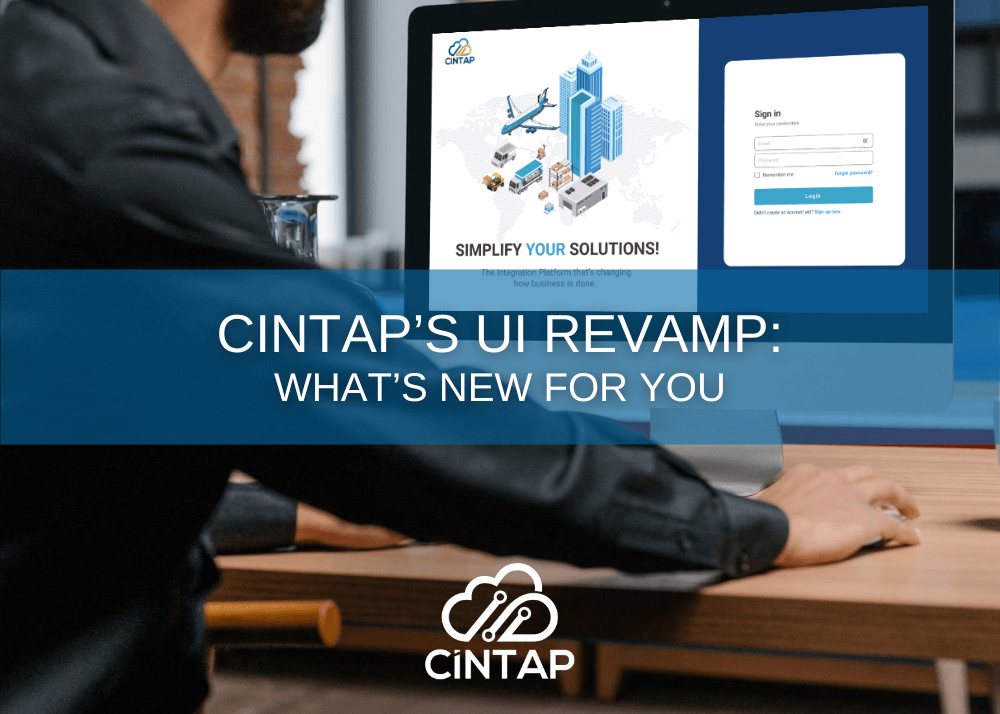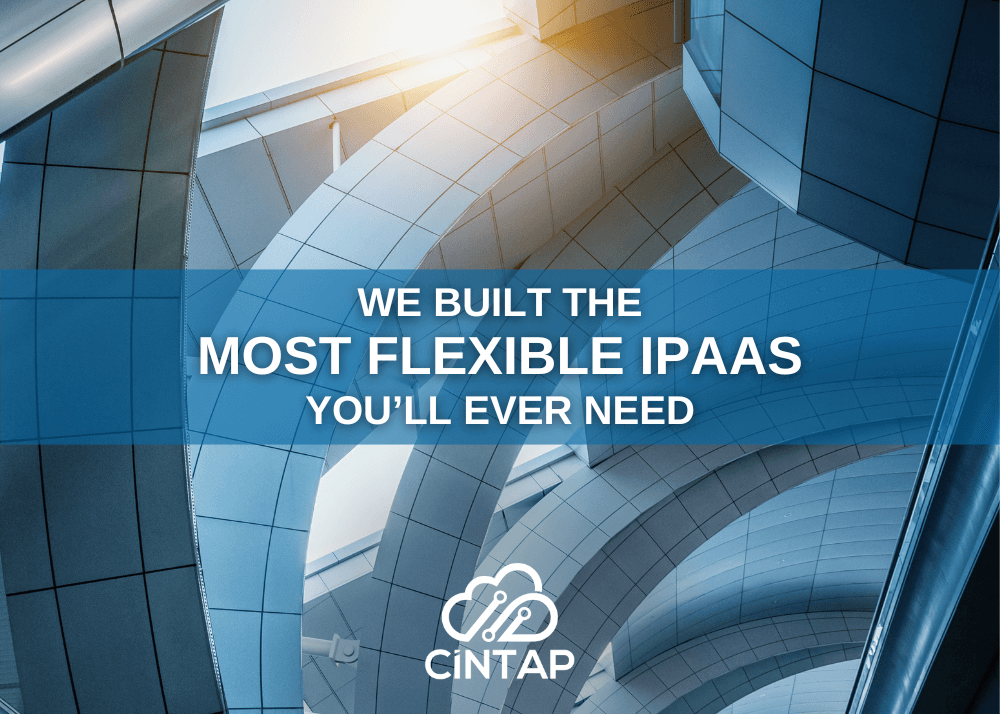
If you follow us on LinkedIn or Twitter, you’re already learning a ton about integration, scaling your business, and streamlining tedious workflows.
But it’s still possible to get the wrong idea about who’s qualified to help support you on your iPaaS journey.
Integration Platforms as a Service (iPaaS)
Integration platform as a service (iPaaS) is a cloud-based software that can connect data from any source: on-premise or in the cloud.
By connecting systems, applications, and software onto a single platform, iPaaS simplifies data flow management, automates transactions, and overall enhances operations.
It’s true that iPaaS can make up the difference between a struggling mid-sized business and a smooth-sailing enterprise. In fact, when companies implement integration platform as a service, they report as much as 50% growth!
These statistics are encouraging more and more businesses to dip their toes in the waters of integration. But still, too many stay on the sidelines because of confusion and misinformation.
So let’s dig into one of these misconceptions now:
iPaaS can only be managed by integration specialists
Depending on the size of your business, your integration platform may be pulling data from hundreds (or thousands) of sources. Since iPaaS centralizes data from multiple websites, tools, apps, and servers, experts are needed to manage each complex step of integration.
In fact, to be able to run and maintain these intricate integration platforms, one has to go through an extensive and rigorous training program.
And anyway, a single integration expert wouldn’t be enough- even if you already have an established IT department. For a mid-sized business, you’d need to bring on half a dozen integration specialists at least to manage and monitor your EDI operations while ensuring complete compliance with every trade partner.
Or would you?

True or False:
The truth is, iPaaS is incredibly sophisticated. Creating integrations and developing these platforms takes a high level of skill and expertise.
However, that doesn’t necessarily mean that you have to organize your own specialized team to benefit from iPaaS!
One option is low-code integration platforms. Designed specifically to be easy to manage and maneuver, low-code platforms allow users to build applications themselves without the technical experience of a developer. Also included are easy-to-navigate dashboards, guaranteed EDI compliance, single-click functions, and crystal-clear transaction trails.
Another option is managed services, a resource CINTAP Cloud offers to clients. This means that if you have issues or questions, the platform’s team of experts is on call ready to assist you. In fact, it may even be possible to commission customized features for your company’s individual needs!
With all of these advances in integration platforms, it’s safe to say they are more universal and accessible than ever!
Moving forward with confidence
At CINTAP, our mission is to provide a centralized integration solution for enterprises, empowering our clients in making informed and strategic decisions.
If you want to follow along with us as we continue to dispel the myths surrounding iPaaS, EDI, APIs, or A2A and B2B integration, be sure to subscribe to our newsletter here.

Author – Carissa Getscher




